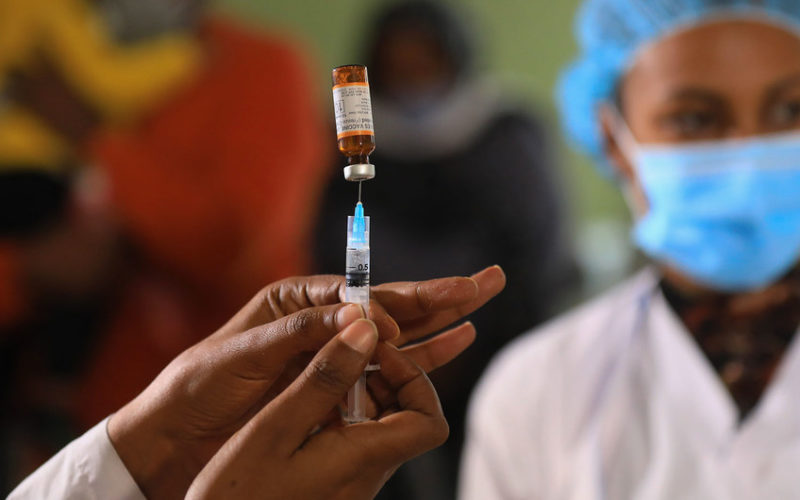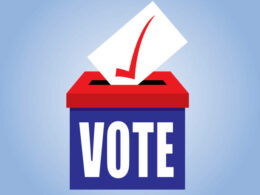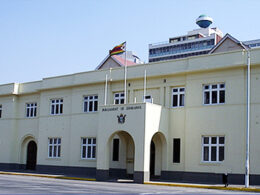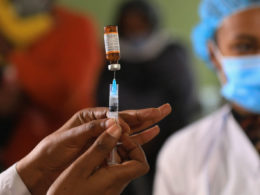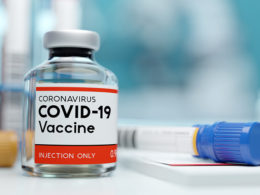While some countries are already administering the fourth jab of the Covid-19 vaccine, many people in Zimbabwe and other parts of the world are yet to receive their third doses.
Below are some facts about the fourth jab:
What is a Covid-19 fourth jab?
· This is a Covid-19 dose administered after the booster shot
· It is also known as the second booster shot or an additional dose or doses of a vaccine given after the protection provided by the original shot(s) has begun to decrease over time.
· The booster helps people maintain strong protection from severe coronavirus disease.
· The Center for Disease Control and Prevention (CDC) approved a second COVID-19 booster for people aged 50 and older that can be given 4 months after a first booster.
· People with moderate to severe immunosuppression are also eligible to receive an additional shot
What is the difference between a booster and an additional dose?
· A booster is given when a person has completed their vaccine series, and protection against the virus has decreased over time.
· Depending on the original series one had, some details will vary.
· An additional dose is administered to people with moderately to severely compromised immune systems.
· This additional dose is intended to improve immunocompromised people’s response to their initial vaccine series.
· Depending on the original series given, some details will vary.
Who can get an additional dose of a COVID-19 vaccine?
Depending on the age of the person who is immunocompromised, the CDC recommends an additional dose or doses for the following:
· Individuals who have been receiving active cancer treatment for tumours or cancers of the blood.
· Persons who received an organ transplant and are taking medicine to suppress the immune system.
· Those who received a stem cell transplant within the last two years, or are taking medicine to suppress the immune system.
· People diagnosed with moderate or severe primary immunodeficiency (such as DiGeorge syndrome or Wiskott-Aldrich syndrome).
· People diagnosed with HIV and have a high viral load or low CD4 count, or are not currently taking medication to treat HIV.
· People taking drugs like high-dose steroids or other medications that may cause severe suppression of the immune system.



